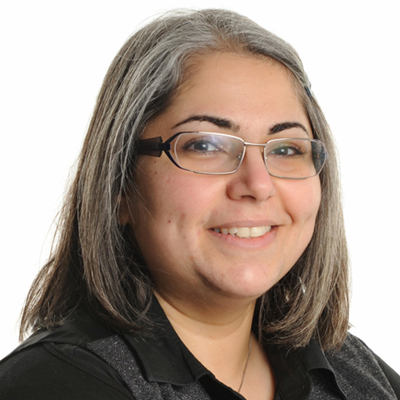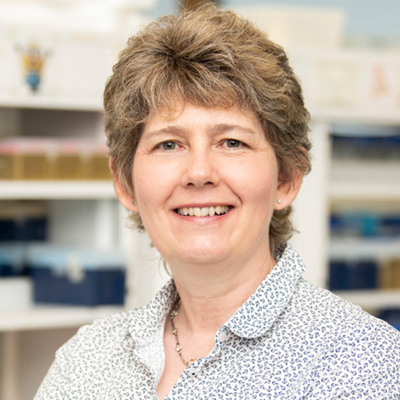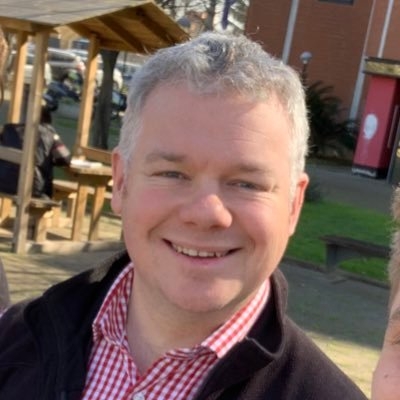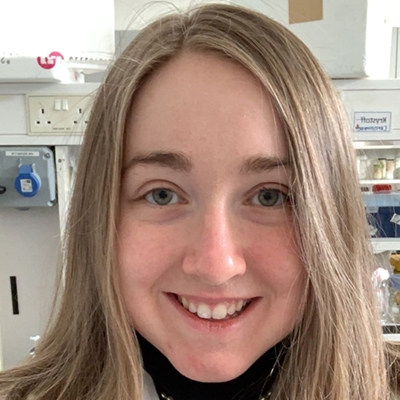Oral cancer is a major and growing global health problem. Despite advances in management, oral cancer is associated with significant morbidity and mortality, with a 5-year survival rate of less than 50%. This is mainly due to late diagnosis; most patients present when the cancer has advanced beyond a level that can be cured. Low levels of public awareness have been identified as a contributing factor to this late presentation. It is therefore of great importance to raise awareness of the risk factors and the possible signs and symptoms of oral cancer to improve survival.
At the University of Aberdeen, we are working on identifying markers that would help with the early detection of oral cancer. We are using state of the art technologies spanning multiple disciplines to help with the late diagnosis problem.
We have been successful in securing funding from Cancer Research UK (CRUK) to combine various methodologies in our search for better diagnostic tools .
As part of this CRUK funded project , we are looking to form a group from the public to help increase awareness of oral cancer.
If you would like to join our patient and public involvement group to help raise awareness, we would love to hear from you!
Who we are and where we are based
We are a multidisciplinary team of scientists using cutting edge technologies from across disciplines for the study of cancer. We are based at the University of Aberdeen. To find out more about our work, please follow the links to our profiles below.
- About the project
-
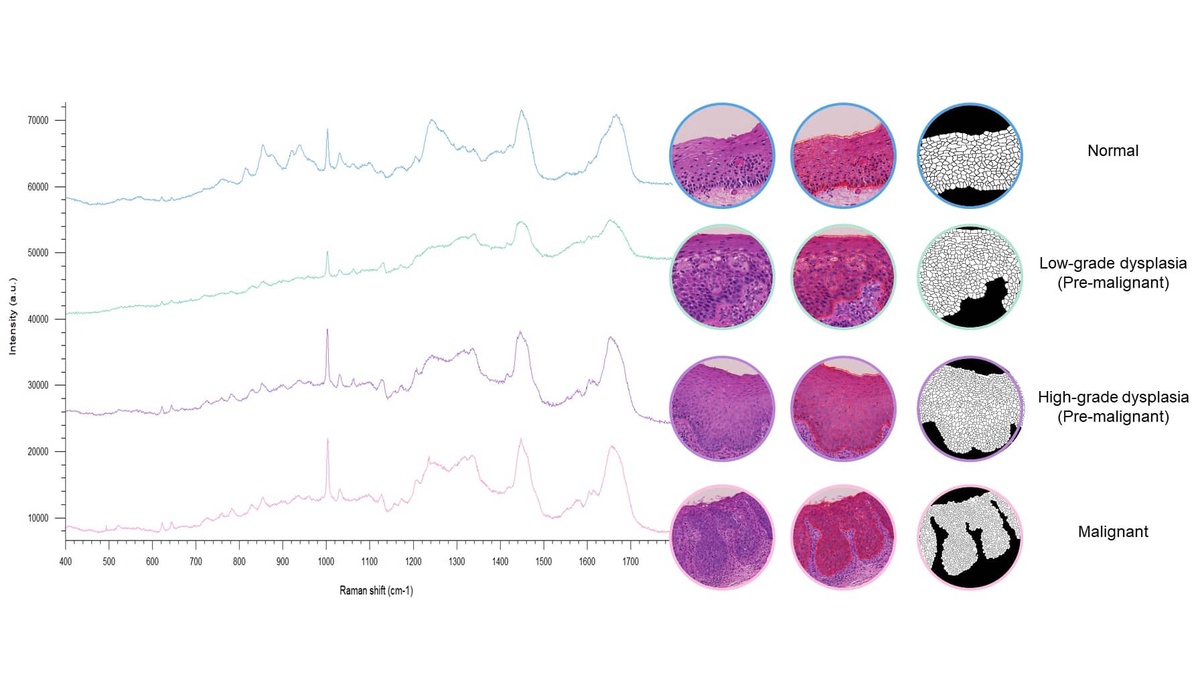
Oral cancer is often preceded by pre-malignant lesions. However, current systems used to identify their risk of cancer development are subjective, lack reproducibility and suffer poor predictive value. This project aims to tackle these diagnostic difficulties through combining two technologies. The first is Raman spectroscopy, which utilises laser light interactions to generate a samples' biochemical fingerprint. This type of analysis will be coupled with microscopic analysis of digitised images of these samples to identify changes in cell size and shape. Overall, correlating the biochemical fingerprint achieved from Raman spectroscopy with the size and shape features from digital pathology, may help us identify biologically relevant features capable of predicting risk of cancer development.
- Who we are looking for
-
We are seeking enthusiastic individuals with an interest in raising public awareness of oral cancer and its risk factors who can commit to attending up to 8 meetings over an 18-month period. Participants should be over 18 years old and either have been diagnosed with oral cancer themselves or be a friend/relative/partner of someone who has.
- What we need from you
-
As part of this group, you will help create an animated video that highlights the risk factors and signs/symptoms of oral cancer. The video will be disseminated to the public through social media channels. You would also help design and deliver a public engagement event to be held in Aberdeen for the general public aimed at increasing awareness of this disease
- Additional information
-
Participants will be paid for their time. Some meetings may be held online. Travel expenses will be reimbursed and refreshments will be provided for in person meetings. Participation is entirely voluntary and you can leave the project at any time
- How to get involved
-
If you would like more information, please email us at oral.cancer@abdn.ac.uk .

